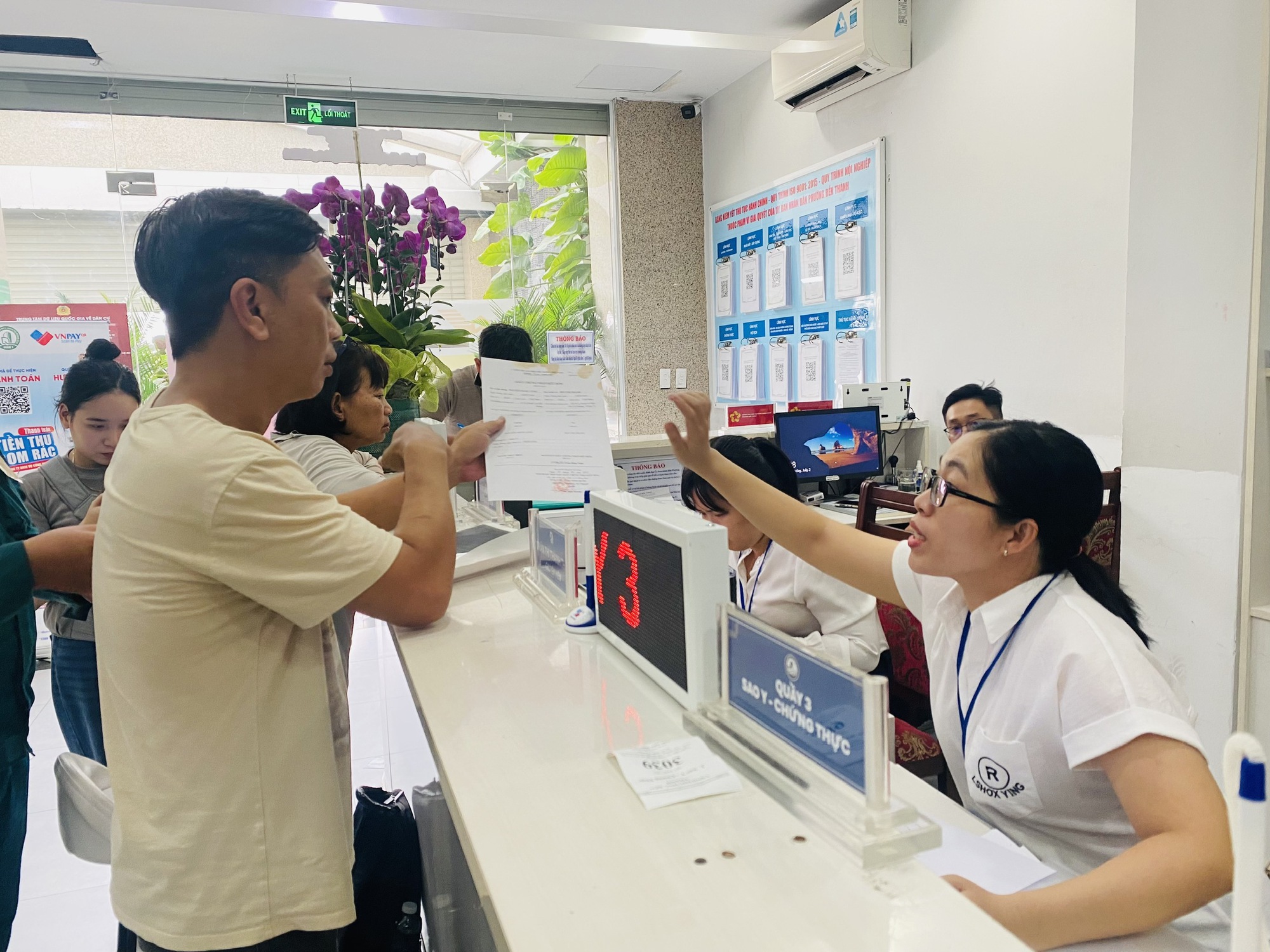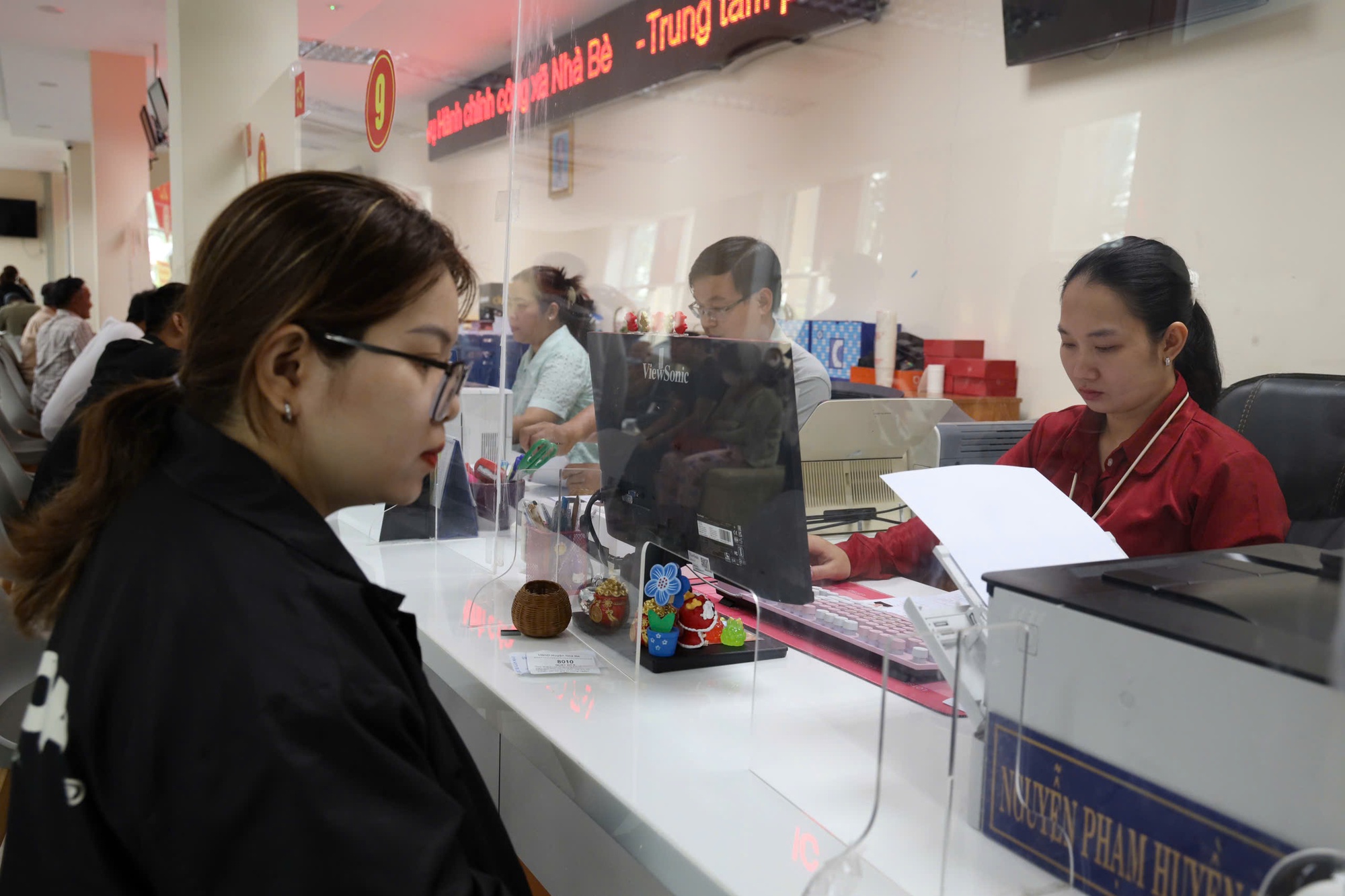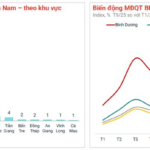The People’s Committee of Ho Chi Minh City has recently reported to the Ministry of Home Affairs regarding the current status of staff and civil servant allocation at the commune level.
In this report, the People’s Committee of Ho Chi Minh City proposes that the Ministry of Home Affairs consider and address the issue within its authority or recommend that higher authorities provide guidance and policies to resolve challenges related to staff and civil servant allocation at the commune level in the city.
One of the key proposals is to allow communes with a population of 50,000 or more to have up to 3 Deputy Chairpersons of the People’s Committee.
This adjustment aims to ensure adequate leadership resources, aligning with the administrative management, population scale, socio-economic development, and national defense requirements of Ho Chi Minh City, while also conforming to the two-tier local government model.
This proposal is based on Article 39, Clause 4 of the Law on Local Government Organization 2025 and the current situation in Ho Chi Minh City.
Each Civil Servant Handles 4-9 Task Groups
According to the People’s Committee of Ho Chi Minh City, the arrangement and deployment of personnel in 168 commune-level People’s Committees have been timely and aligned with central directives. The cadre team transferred from district and city levels to communes has effectively utilized their capabilities, enhancing the efficiency of the two-tier government.

Each commune-level civil servant in Ho Chi Minh City handles 4-9 task groups; Photo: PHAN ANH
However, the current commune-level staffing framework is approximately 32 people, with a maximum of 50 staff per commune and 70 per ward or special zone.
This allocation is insufficient for communes and wards in Ho Chi Minh City with numerous production and business establishments, industrial zones, large populations, and complex security issues, as well as areas critical for socio-economic and national defense.
Additionally, each specialized department currently has only 1 director and 1 deputy director. The Administrative Service Center is managed by a Deputy Chairperson of the Commune People’s Committee as the director, with 1 deputy director. On average, each specialized department has 5-7 civil servants.
With this structure, each civil servant is responsible for 4-9 task groups, each containing multiple detailed and complex tasks, leading to significant challenges at the commune and ward levels.
This results in workload overload, difficulty in ensuring work quality and timelines, a lack of reserve resources, management challenges, and uneven human resource quality.
Furthermore, while remuneration and income for civil servants have improved, they still lag behind the private sector in urban areas like Ho Chi Minh City. Despite the city’s additional income support policy under Resolution No. 98/2023/QH15, the current workload is not sufficient to attract and retain civil servants at the commune level.
Moreover, detailed guidelines from central ministries on job position development at the commune level have not been issued, causing difficulties in task assignment and civil servant management at the local level.
Proposal to Increase Deputy Positions in Specialized Departments
In addition to the above proposal, the People’s Committee of Ho Chi Minh City suggests that the Ministry of Home Affairs develop policies to attract talent to work at the commune level.
They also urge the ministry to advise on the timely allocation of official civil servant positions and the number of employees in public service units for Ho Chi Minh City.

Civil servants in Nha Be commune processing administrative procedures for residents; Photo: CHÍ NGUYÊN
Ho Chi Minh City also recommends conducting objective, scientific, and quantitative surveys of local characteristics, such as population size, area, number of processed files, urbanization rate, etc., to allocate commune-level civil servant positions, ensuring effective political and professional task performance.
They also propose that the Central Steering Committee and the Politburo allocate total commune-level civil servant positions without distinguishing between Party, Fatherland Front, and mass organizations, and government positions.
Based on the allocated positions, the People’s Council of communes, wards, and special zones will decide on the specific allocation of positions for each agency and unit, considering local realities.
Additionally, the city proposes increasing the number of deputy positions in the three specialized departments, allowing the Chairperson of the Commune People’s Committee to decide on the number of deputy positions in each department, enhancing flexibility and autonomy in local leadership and management.
For the Administrative Service Center, the city suggests appointing a full-time civil servant (equivalent to a department director) as the director, instead of the current practice of having a Deputy Chairperson of the Commune People’s Committee serve in this role.
Furthermore, the People’s Committee of Ho Chi Minh City requests the Ministry of Home Affairs to report to the Government, allowing the city to increase the staffing framework linked to job positions for commune-level civil servants.
This includes adding 5-7 civil servant positions to manage state administration in construction order, urban order, and sidewalk management, to restore order in communes, wards, and special zones across the city.
Each Specialized Department Handles Tasks Related to 7-8 Departments
Currently, commune-level People’s Committees in Ho Chi Minh City have 3 specialized departments and 1 Administrative Service Center.
In practice, only 2 specialized departments, such as the Department of Culture and Society and the Department of Economy (for communes and special zones) or the Department of Economy, Infrastructure, and Urban Affairs (for wards), handle multiple state management areas.
On average, each specialized department manages tasks related to 7-8 departments under the Ho Chi Minh City People’s Committee, leading to high workloads and challenges in task execution due to the diverse and extensive nature of the assigned tasks.
Foreign Buyers Demonstrate Robust Interest in The Privé
Experience unparalleled luxury at The Privé in Nam Rach Chiec, where exquisite design, transparent legal processes, a prime location, and world-class amenities converge to captivate discerning international buyers.




















